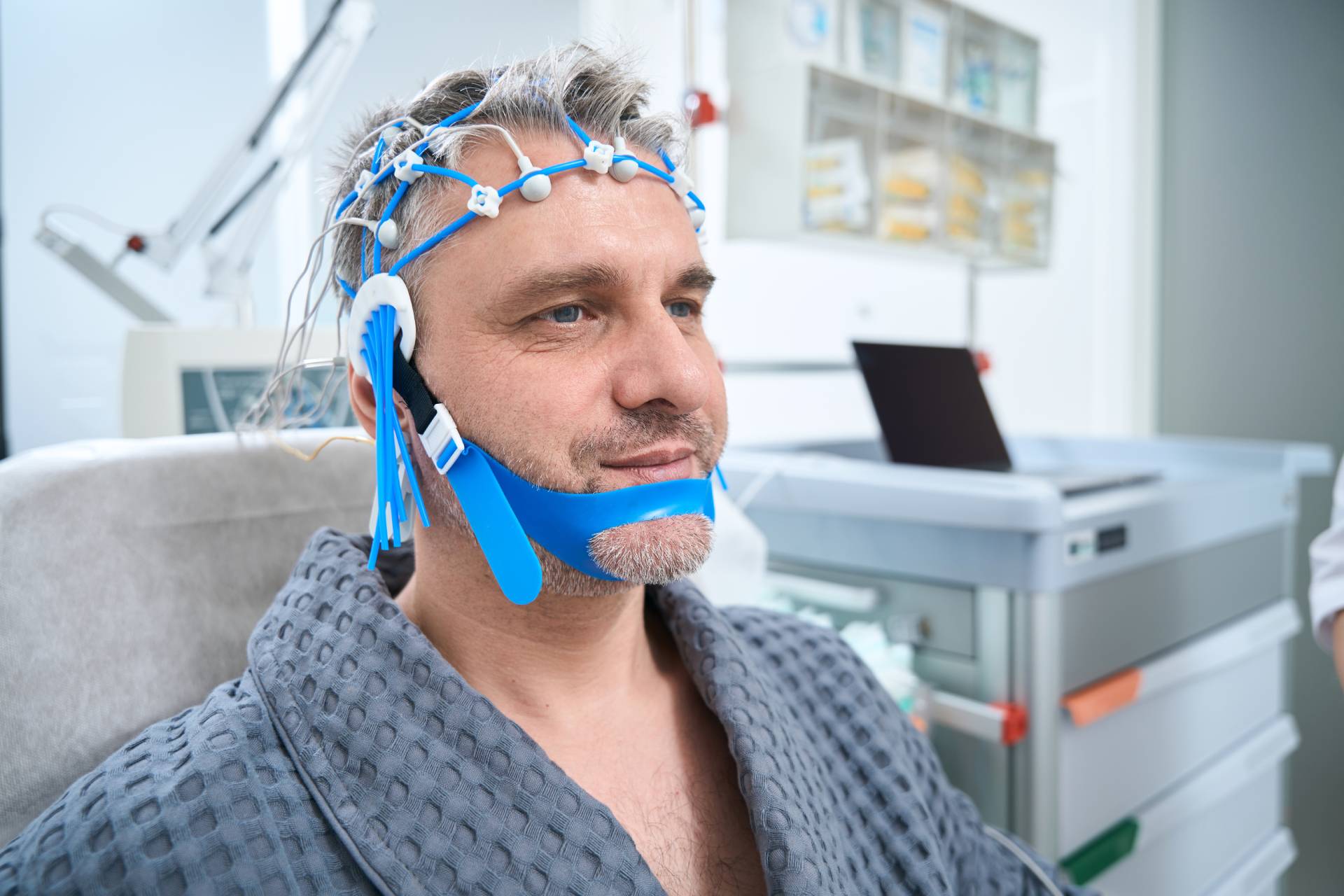
Consulting a healthcare professional is essential to diagnose Attention Deficit Hyperactivity Disorder (ADHD). The process ranges from an initial consultation to various tests and assessments.
Diagnosing ADHD: Which Professional and Which Structure?
ADHD can affect up to 9% of children and 5% of adults in Canada. Various professionals and organizations can provide ADHD diagnoses, with differences depending on the structure approached:
-
Specialized Clinics
These establishments offer specialized expertise. They may focus on specific medical fields, such as psychological services and mental health. Specialized clinics typically provide access to a multidisciplinary team. For instance, at Praxis clinics, the specialists welcoming families include nurse practitioners specialized in mental health, doctors, neuropsychologists, psychologists, social workers, and other therapists with advanced expertise in neurodevelopmental disorders.
These specialized clinics’ approach ensures a comprehensive evaluation, including advanced tests for ADHD and associated disorders. These professionals provide tailored solutions for complex cases requiring in-depth expertise. However, these clinics sometimes face long wait times and relatively high costs.
-
Online Service Providers
Patients can also access various online services for ADHD diagnosis. This remote approach allows individuals to connect to these platforms regardless of location. This simplified process usually involves faster care and a lower cost than other options. These online diagnoses often rely on questionnaires and interviews conducted remotely. However, this approach may feel unsatisfactory, as some individuals may miss the human connection during the evaluation.
Screening for ADHD in a public or private healthcare facility
The first step is often consulting your general practitioner. This healthcare professional may suspect ADHD based on observed symptoms and answers to a few questions. However, to refine this diagnosis and obtain a comprehensive evaluation, it is recommended to continue the process with an ADHD specialist, such as a neuropsychologist or psychologist. You can consult such a specialist in a public or private health center.
This professional conducts a more in-depth assessment, often consisting of detailed tests and questionnaires. This step ensures an accurate diagnosis and rules out other disorders that may present similar symptoms.
Your choice between public health centers and private facilities depends on your preferences and availability. One key difference is the waiting time, which can vary significantly depending on the type of establishment.
The initial consultation: the beginning of the diagnostic process
The initial consultation for ADHD diagnosis is a crucial step in the evaluation process. Its purpose is to gather as much information as possible to outline a detailed portrait of the patient’s situation. This first meeting is typically conducted by a neuropsychologist, psychologist, psychiatrist, or neurologist specializing in ADHD. It aims to understand the nature of the difficulties encountered, their potential origin, and their impact on daily life.
Several steps may be involved in this process:
-
The in-depth clinical interview
This interview is the cornerstone of the consultation. The healthcare professional explores various aspects of the patient’s life and situation, including medical and personal history, potential manifestations of the disorder, and daily functioning. This dialogue helps trace the patient’s life story, highlighting key events that may have influenced the onset and development of the disorder.
The healthcare professional also seeks to understand the symptoms’ nature, frequency, intensity, and impact on daily life. Input from close relatives is invaluable during this first consultation. Their perspective can provide additional insights into the patient’s behaviour in different contexts. At the end of this initial evaluation, the professional identifies the patient’s challenges in various areas of life.
-
The use of diagnostic tools
A standardized questionnaire, such as the ASRS-5, is often used. While this tool can quickly identify characteristic ADHD symptoms, it serves only as an initial indicator of the disorder. The diagnosis is not based solely on this questionnaire.
At the end of this first meeting, the professional has enough information to assess whether further diagnostic steps are necessary. They may propose additional tests and refer the patient to other specialists.
Tests and analyses with an in-depth evaluation
Diagnosing ADHD often requires a comprehensive evaluation of the patient. Tests and analyses may be scheduled to confirm or refute the conclusions drawn during the initial consultation.
The patient is subjected to a series of neuropsychological evaluations using cognitive tests. These tests may assess various aspects of attention, such as the ability to focus on a task for an extended period or manage multiple tasks simultaneously. An evaluation of memory and executive functions may also be included.
The patient’s behaviour is observed throughout these evaluations to provide professionals with additional insights. Behavioural analysis, for example, helps detect signs of distraction, hyperactivity, or impulsivity that may not emerge during formal tests.
This advanced ADHD diagnostic process may require one or two sessions of observation and analysis with a healthcare professional. It also allows for differential evaluation to ensure that symptoms are unrelated to other conditions. Many disorders can mimic ADHD symptoms and must be considered, such as anxiety disorders or depression.
Diagnosis, communication, and follow-up
The diagnostic results are shared with the patient in a trusting environment. The healthcare professional communicates the evaluation findings and ensures that the patient fully understands the information. They clearly explain whether the diagnosis of ADHD is confirmed or not based on the collected data. This communication includes a description of ADHD symptoms, highlighting those that apply to the individual. The professional explains how ADHD impacts the patient’s daily life.
Conclusion
Neuroperforma supports individuals with ADHD through the Neurofeedback approach. With your specialized clinic, every journey is unique. A personalized neurofeedback program is developed after conducting a quantitative EEG and clinical evaluation. This program aims to optimize brain networks involved in attention, memory, and impulse control. Additionally, Neuroperforma can address other challenges, such as anxiety or learning difficulties. The often long-lasting results significantly enhance the quality of life for individuals affected by ADHD.





